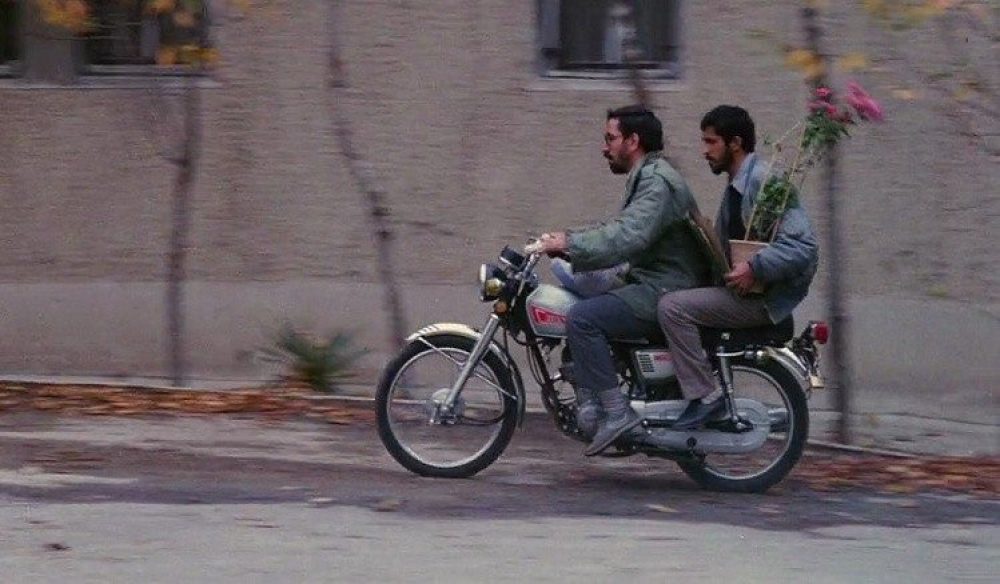In Chapter 4 of “Religious Statecraft,” “Insitutionalizing Velayat-e Faqih,” there appears a political disagreement which I believe characterizes much of Iranian politics in the surge and wake of Khomeini’s popularity. Mohammad Shariatmadari, an influential Iranian cleric, at first disagrees with Khomeini’s view of the Islamic Government, believing that clerics do not belong in politics. The dichotomous spirit of Shariatmadari – the same thought process which had so long separated the largely “secular” government from the frankly clerical matters of the clerical class – died with the rise of Khomeini. From 1979 on, the sacred and the mundane became inseparable. From 1979 on, to criticize the government was to criticize God, because the government represents God in the velayat-e faqih. When it came down to the March 1979 referendum – Islamic Government or not – Shariatmadari backed down because he could not manage to negotiate his way out of believing, or at least pretending to believe, that the government governed by Islam is the ideal government. In this, the rigidity of Islam rears its head. Even though political Islam is malleable enough to allow for Marxism, governmental Platonism, dictatorship, democracy, or Khomeinism, it is not malleable enough for Shariatmadari, and indeed all devout Muslims (demonstrated by the fact that the new constitution was approved by 98.2% of voters), to believe that these “political Islam”s, or these plural “politics of Islam,” whether Marxist or Khomeinist, do not come from Islam if it is truly the ideal government. In this sense, the schizophrenia of the Islamic public, which ultimately is forced to choose Islam by its own devoutness, still largely believes that the Islamic government of Iran (lowercase g) today does not represent the truly ideal political Islam, which is seen by the continuance of public protests and contemporaneous drop in revolutionary fervor. It would appear that the Iranians are attempting to mold for themselves a subjective objectivity. Iran deeply desires the true Islamic Government (capital g) from on High, but wants just as deeply to define this Islamic Government for themselves, starting with the confessional unmasking of the state as imperfect.
Iran, Islam, and the Last Great Revolution Fall 2018
Professor Malekzadeh

Death of (to?) Dichotomy | Iran, Islam, and the Last Great Revolution Fall 2018
I really like how you characterize the change that occurred with Khomeini rise in 1979. The comment about the sacred becoming the mundane is very aptly put. This blending really gets at the core insight of Tabaar’s book. How Iranian’s negotiate this new reality seems to be the question going forward.